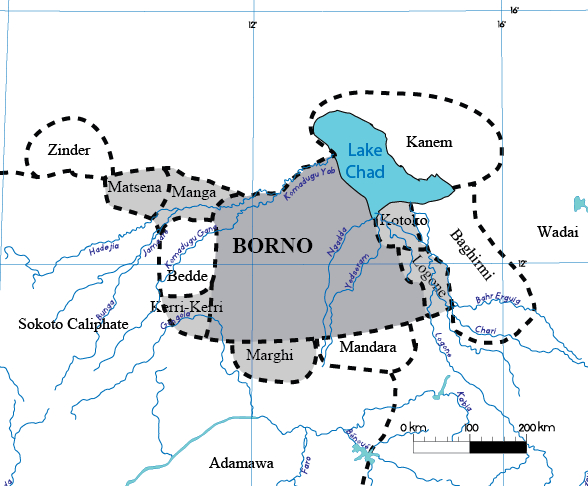Over the past two weeks, the security situation has taken a turn for the better in many parts of Northeast Nigeria. The Nigerian Army, along with allied forces from the neighbouring countries, took the battle to the Boko Haram terrorists. In the process, many occupied communities were liberated.
The most interesting development of the past week must be President Goodluck Jonathan’s visit to liberated areas in Adamawa and Borno state, but especially the town of Baga, where hundreds or thousands of people had been killed (depending on which statistics one chose to accept), when it was sacked by Boko Haram in January.
Military fatigues
To cream off as much advantage as might serve his electoral fortunes, President Goodluck Jonathan appeared on the scene dressed in full military fatigues and with a swagger, obviously well rehearsed, for NTA viewers.
He was unable to avoid cheap politicking with what should have ordinarily been used to rally Nigerians for unity, by visiting the Adamawa liberated area with the PDP governor of the state, but refusing to go to Baga, with the APC governor of Borno state!
But the more worrisome issue that is being played out in the Northeast is where the elections will be held, especially in respect of people in Internally Displaced Persons’ (IDP) camps in the affected states. There are individuals in the PDP, especially from Borno state, who are alleged to be advising President Goodluck Jonathan to lean on INEC by insisting that IDPs should be returned to their communities to cast their votes. Those behind these harebrained ideas are arguing that such a step is the only way that they can “help” the PDP and President Jonathan to either “win” in Borno or get the requisite level of percentages in the overall calculations for the presidential election. But it is clear to whoever knows the essence of what has happened in Borno, as I do, that there is no way that people in IDP camps can be returned to their communities in time for the elections. There are many reasons why I say this. Many of these communities had been occupied by Boko Haram, for up to six, nine and twelve months, in a lot of instances. In these communities, basic facilities like health centres, schools, borehole facilities, and the residences of these people have been completely destroyed by Boko Haram. When Boko Haram took over Baga in January, they destroyed at least 90% of residences; they even burnt up trees as we saw in satellite pictures posted by international human rights organizations on international television services. There is nothing to return to and returning people just for electoral reasons will make absolutely no sense.
In order to return people to their communities, an enabling environment must be created such as the reconstruction of residential accommodation, rehabilitation of boreholes, health facilities and rudimentary economic life and the provision of security that will give people the confidence to return and stay.
One of the enduring tactics of Boko Haram is to repeatedly return to communities to attack and disrupt the livelihood of people, often seeming to be possessed of a permanent suicidal streak. That much has been evident in its repeated attempt at taking over Konduga, the most recent of which happened this week, leading to the killing of over seventy terrorists.
There is also the problem with the mining of roads, farmlands and residential areas, which would have to be cleared before IDPs can return to their communities. For example, the distance between Cross Kauwa and Baga is less than 30 kilometres, yet the Nigerian Army was said to have cleared about 150 mines, as they attempted to liberate Baga. These are serious issues that speak against any rushed plan to return people to devastated communities.
And if such dispersal of people into tenuously secure communities is enforced, we might end up giving Boko Haram the opportunity to carry out its vow to disrupt the elections! Thus defeating the plan to use return of displaced people as a tactic to “assist” President Goodluck Jonathan. It will just explode in the faces of unconscionable politicians, who put their political agenda above the security of the people.
Expensive business
For those who don’t know, there are 17 IDP camps in Borno state alone. To maintain the hundreds of thousands of IDPs in these camps, the Borno State government provides 600 bags of rice EVERYDAY to the IDPs. In each of these camps, at least a cow is slaughtered everyday for the IDPs along with the provision of other cooking items and vegetables. It is a very expensive business taking care of people who have lost practically everything and have been traumatized by the horrific violence visited upon them by Boko Haram. It will be the height of insensitivity to attempt to rush people back home just because of the politics of the electoral process. Besides, INEC has made the provision for people to vote inside the IDP camps; so let them stay there to vote and thereafter, a methodical and well thought out process of return to properly secured communities can be implemented.


